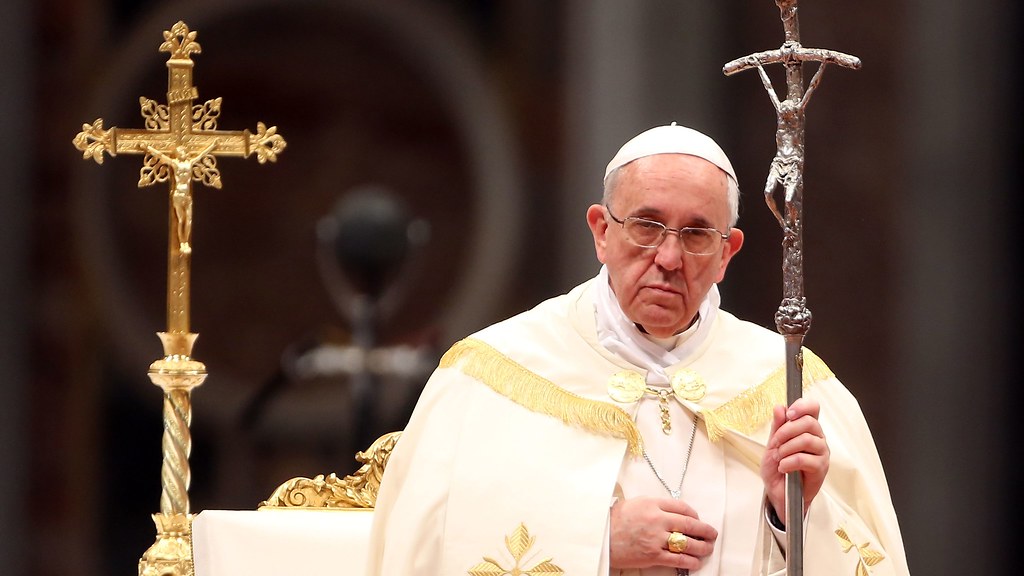Homosexuality and the Catholic Church – these two terms often spark debate for members of the Church, and today are seen as irreconcilable to some. To many others though, there is no conflict, and the (albeit slow) progress of the Church toward tolerance of same-sex relations is a welcome change. However, this long debate was reignited in December when the Papacy released a declaration on the “formal and an informal nature of the possibility of blessing same-sex couples.”
The three-part declaration, which was penned by Pope Francis himself, states in summary that as Saint Paul preached and blessed all in his Letters to the Romans, Catholics today should follow those same cornerstones of ministry. By this, he meant that all worshippers should receive the same blessings, regardless of the status of their sins, absolved or otherwise.
Further, the pope devotes the whole body of his declaration to explaining the difference between marriages and sanctioned same-sex unions. The pope wrote in no uncertain terms that “the Rite of the Sacrament of Marriage, concerns … a man and a woman.” As opposed to what many same-sex Catholics believe, the Papacy still is not ready to recognize same-sex marriages as religious marriages. What the pope has declared does mean that these couples are allowed to take place (minimally) in church life, receiving blessings from ministers.
In contrast, the conclusion did state that ordained ministers are pastors to all. Being that in the eyes of the Church, there is no uniqueness to the sin of being a same-sex couple, they should receive the same blessings any other sinner is accustomed to up to Catholic marriage, which as mentioned above, is strictly between a man and woman.
Jonathan Kay-Lord, a member of the LGBTQIA+ Allies Club had mixed feelings about the issue saying, “It’s progress in the right direction, but still not enough.”
Viewing the declaration as a somewhat superficial action, it will still help in increasing the positive perception of and eventual acceptance of same-sex couples within the church. Despite the forward motion for same-sex Catholics, there are still concerns that this declaration won’t solve underlying issues.
“Catholic adoption agencies on occasion do not assist gay couples from adopting – something I look forward to later in life with my future husband,” said Kay-Lord. Without a complete restructuring of how the Catholic Church works with and values the additions of same-sex couples in the religious community, there isn’t much to be gained from blessings other than less overt scrutiny of those in the Church simply attending mass.
Globally, reactions have varied, but Kay-Lord’s opinion seems to be in line with many progressive Catholics. Jesuit James Martin and his organization OUTREACH mentioned that this was a “major step forward and recognizes the deep desire in many Catholic same-sex couples for God’s presence in their loving relationships.” In the same article, the British LGBTQ+ Westminster Catholic Council simply said that this step took “far too long” given that homes, pets, and even machines now have received more religious blessings than LGBTQ+ Catholics.
“These blessings don’t mean much if the actions and rules of the church aren’t affected,” said Kay-Lord. “Only time will tell if the policies of the Church are changing, or if these same-sex blessings are just a new face for traditional church stances.”


